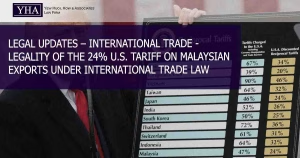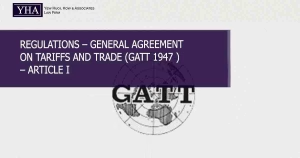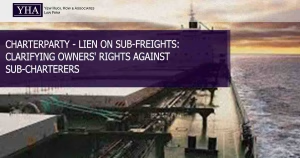
NAVIGATION AND SHIPPING LAW – COLLISION REGULATIONS – COLLISION AT SEA – A WAKE-UP CALL FOR ADHERING TO NAVIGATION RULES
The collision between the FMG Sydney and MSC Apollo highlights the critical importance of adhering to established navigation rules. Deviations, delayed actions, and reliance on radio communications instead of clear, early maneuvers can lead to disastrous outcomes. This case serves as a stark reminder for mariners: follow the rules, act decisively, and prioritize safety above assumptions.









